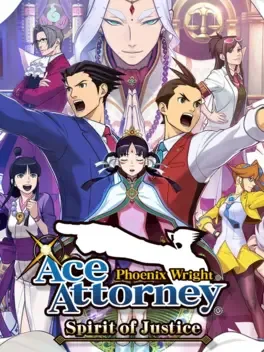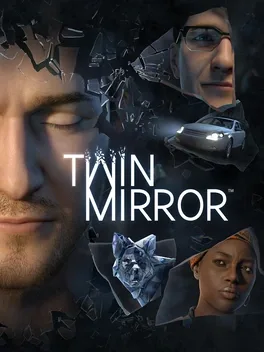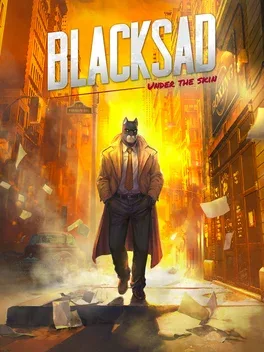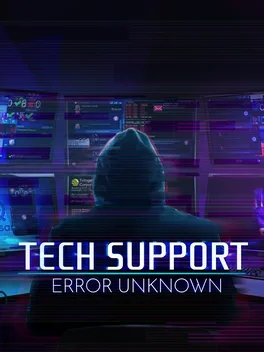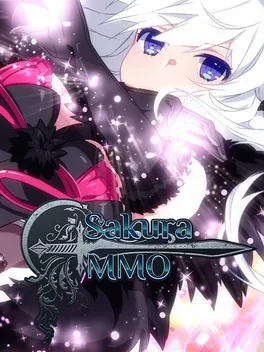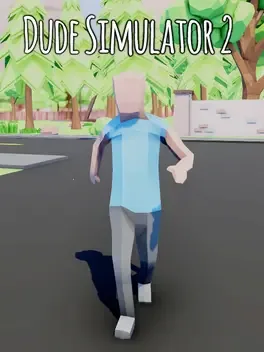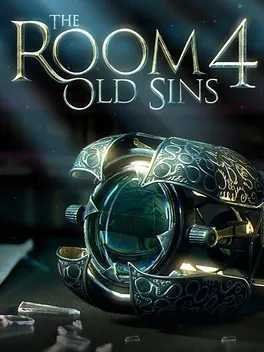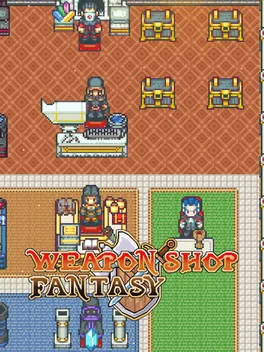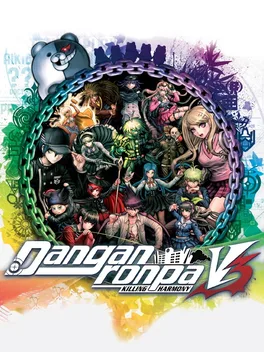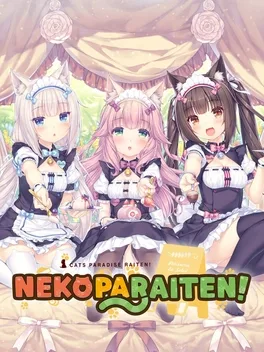Remaster
Phoenix Wright: Ace Attorney - Spirit of Justice
25 Jan 2024
All releases
25 Jan 2024 - Nintendo Switch
25 Jan 2024 - PC (Microsoft Windows)
25 Jan 2024 - PlayStation 4
25 Jan 2024 - Xbox One
PC (Microsoft Windows)
PlayStation 4
Xbox One
Nintendo Switch
Add to wishlist
55
want
27
played
2
playing
2
reviews
Developer
Capcom
Publisher
Capcom
Tags
Single player
First person
Side view
Text
🤖 Simulator
🏹 Adventure
🌄 Visual novel
🤡 Comedy
🎭 Drama
🌙 Mystery
Time to beat
Main story
34h
2m
Main story + extras
-
100% completion
-
Summary
Court is back in session with Apollo Justice: Ace Attorney Trilogy! Featuring three games - Apollo Justice: Ace Attorney, Phoenix Wright: Ace Attorney - Dual Destinies, and Phoenix Wright: Ace Attorney - Spirit of Justice - join Apollo Justice on his journey to bring order to the courts and bring an end to the dark age of the law!
Videos
slide 1 of 1
the state bro found me after ive finished this game is basically me bleeding asking mercy from the mother of khurain
27 Apr 2025
I was really positive about the start of this game. It’s setting in a fictional Far-Eastern Kingdom, in the midst of revolution, gives it a fresh start without having to deal with the baggage of being the sixth entry in the series too much. While the premise of a law-system based on mystical seances might seem a tad silly for a game about playing a lawyer, I think it works well enough for an Ace Attorney title.
Continuing with the positives, Spirit of Justice utilizes 3D graphics more effectively than its predecessor, Dual Destinies, in my opinion. The visual presentation feels less “cheap,” although in 3D cutscenes characters sometime animate like sports-team mascots, rather than feeling natural.
The initial case stands out as interesting and refreshing, because it revolves around introducing the new setting and gameplay in the new setting.
Afterwards however when the old cast and setting is re-introduced, you realize that splitting the cast across different locations unfortunately affects pacing. Introducing twice the amount characters is cumbersome to the story, diverting attention away from character development and losing the focus of the main story in places.
The Divination Seance mechanic is a fun addition in my opinion, and feels like an iteration of the mood matrix in a way. It requires players to deduce contradictions based on new evidence and testimony, which is why in my opinion it naturally fits into the courtroom section as a gimmick in comparison to the mood matrix or the perceive ability, which do not allow for the more complex deductions that the Seance mechanic does.
The dynamic between Athena and Blackquill in the case "Turnabout Storyteller" is surprisingly fun. Additionally, the game includes clever references and jokes about rakugo for those vaguely familiar with it. That had to have been a big hurdle and discussion during the localization. However, its a shame that this whole case has a feeling of the developers wanting to give Athena something to do, rather than feeling integrated into the rest of the cases.
Unfortunately, the final case leans heavily on callbacks to the original trilogy. While it has twists and turns, it also has a "been there done that" atmosphere to it.
It's also ridiculous when a certain someone transforms into a JRPG boss during the course of it. AA always had a certain penchant for being anime, but this just went past my willingness to suspend my disbelief. Despite that, the final case still managed to surprise me with some of its twists, although it got to be a little convoluted by the end.
As always, some deductions rely on guessing the authors’ intentions or looking up solutions, rather than actually deducing or excluding something based on the existing evidence. This can be frustrating but is a recurring aspect of the series as a whole.
As a whole I think this game succeeds in being a worthy entry into the series and doing enough to keep the gameplay fresh, despite the feeling of deja vu to a lot of its story aspects. I wouldn't really call it my favorite nor would I say any case stands out as excellent, but it was all competent enough to keep me engaged.
One thing I applaud the writers for is their restraint with recurring characters. Lesser writers would have had them return and fill in the exact same roles as their past iterations, but they had enough restraint to allow them to play a lesser part in the new role they developed off-screen. I respect that because a lot of modern media seems deathly afraid of having any returning character have any kind of development or new role.
Continuing with the positives, Spirit of Justice utilizes 3D graphics more effectively than its predecessor, Dual Destinies, in my opinion. The visual presentation feels less “cheap,” although in 3D cutscenes characters sometime animate like sports-team mascots, rather than feeling natural.
The initial case stands out as interesting and refreshing, because it revolves around introducing the new setting and gameplay in the new setting.
Afterwards however when the old cast and setting is re-introduced, you realize that splitting the cast across different locations unfortunately affects pacing. Introducing twice the amount characters is cumbersome to the story, diverting attention away from character development and losing the focus of the main story in places.
The Divination Seance mechanic is a fun addition in my opinion, and feels like an iteration of the mood matrix in a way. It requires players to deduce contradictions based on new evidence and testimony, which is why in my opinion it naturally fits into the courtroom section as a gimmick in comparison to the mood matrix or the perceive ability, which do not allow for the more complex deductions that the Seance mechanic does.
The dynamic between Athena and Blackquill in the case "Turnabout Storyteller" is surprisingly fun. Additionally, the game includes clever references and jokes about rakugo for those vaguely familiar with it. That had to have been a big hurdle and discussion during the localization. However, its a shame that this whole case has a feeling of the developers wanting to give Athena something to do, rather than feeling integrated into the rest of the cases.
Unfortunately, the final case leans heavily on callbacks to the original trilogy. While it has twists and turns, it also has a "been there done that" atmosphere to it.
It's also ridiculous when a certain someone transforms into a JRPG boss during the course of it. AA always had a certain penchant for being anime, but this just went past my willingness to suspend my disbelief. Despite that, the final case still managed to surprise me with some of its twists, although it got to be a little convoluted by the end.
As always, some deductions rely on guessing the authors’ intentions or looking up solutions, rather than actually deducing or excluding something based on the existing evidence. This can be frustrating but is a recurring aspect of the series as a whole.
As a whole I think this game succeeds in being a worthy entry into the series and doing enough to keep the gameplay fresh, despite the feeling of deja vu to a lot of its story aspects. I wouldn't really call it my favorite nor would I say any case stands out as excellent, but it was all competent enough to keep me engaged.
One thing I applaud the writers for is their restraint with recurring characters. Lesser writers would have had them return and fill in the exact same roles as their past iterations, but they had enough restraint to allow them to play a lesser part in the new role they developed off-screen. I respect that because a lot of modern media seems deathly afraid of having any returning character have any kind of development or new role.
More
01 Apr 2024
Similar games
slide 12 to 16 of 10
